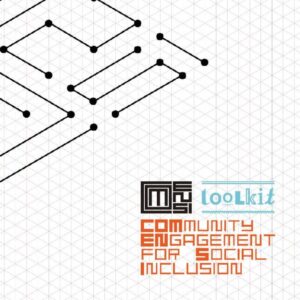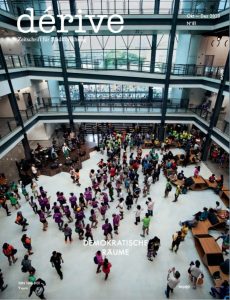The IN-HABIT Toolkit provides a set of guidelines, methods and tools for the wider engagement of stakeholders in the People-public-private partnerships (PPPPs) established in the Horizon 2020 project INHABIT. It includes instructions for stakeholders mapping and local needs assessment, selection criteria, structure, working rules and diversity management procedures, co-design methodology, and the necessary guidelines and templates for the creation and management of the four local IN-HUBs. The Toolkit was the basis for the training process of the Local Community Activators and provides the reference set for the management of the four local IN-HUBS established in the cities of Córdoba, Lucca, Nitra, and Riga. It supports the accomplishment of a fully inclusive process of co-creation, co-design, co-management, and co-monitoring of the innovative solutions envisioned by the four local PPPPs, with specific attention at the engagement of less represented and more at risk of exclusion stakeholders.


